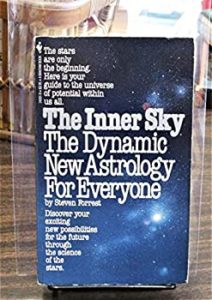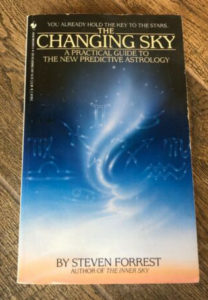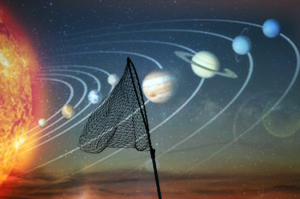That’s at least one way that being an astrologer beats being a professional athlete or a teenage idol – age and experience are nothing but good news. That means that there’s a pretty good chance that any negative scenarios are more likely to happen early in your astrological career – sadly, we might add the fact that that’s when you least need them because you are still trying to build confidence in yourself.
Stick with it no matter what happens – that’s really the bottom line.
Once, probably around 1990, I did a recorded reading for a woman in New York City. I knew very little about her and I had never met her. A week later I got a scathing phone message from her telling me that I “should be ashamed of myself.” She sounded crazy with rage. She never mentioned the precise nature of my transgression, so I have no idea what her beef with me was. I’d done the work using the same tried and true techniques that had produced helpful results with crowds of other people. I thought of calling her back. I never did. That was a judgment call, and I think it was the right one. My guts told me we’d just upset each other even more. Maybe I had already done enough harm. Maybe she had too.
I guess that was the worst experience I’ve ever had with a client. Nothing like that has ever happened before or since.
Clients of mine once bought a reading for the local Chief of Police. They were friendly with him and thought he might like a session with me. He was quiet during the consultation, but we seemed to be getting along just fine. Later, through those clients, I learned that “he had no idea what I had been talking about.” That wasn’t actually a “bad moment” in terms of our interaction, which was pleasant enough, but it made me sad when I finally heard about it.
Probably that kind of “disconnect” has happened more than once without me knowing it. I just wish the man had mentioned something – asked for clarification or said there was something he didn’t understand. If I had known, I might have been able to build a better word-bridge to him. But I didn’t know – my (mis)impression was that he was following me just fine.


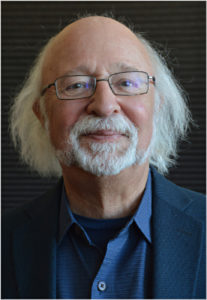






 Want to know why snowflakes all have six arms? I’m not going to dive into the science of it here – that’s not what this newsletter is about. The science is actually easy to understand though – if you want to understand it, just Google “why do snowflakes have six arms?” It’s all based on water being composed of three atoms – two hydrogens and one oxygen – and how those molecules form chains when they reach the freezing point.
Want to know why snowflakes all have six arms? I’m not going to dive into the science of it here – that’s not what this newsletter is about. The science is actually easy to understand though – if you want to understand it, just Google “why do snowflakes have six arms?” It’s all based on water being composed of three atoms – two hydrogens and one oxygen – and how those molecules form chains when they reach the freezing point. 



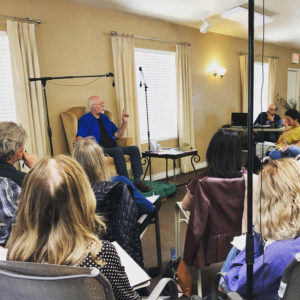
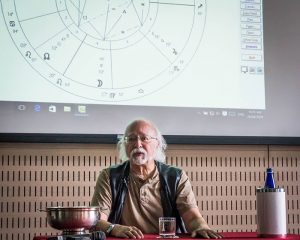

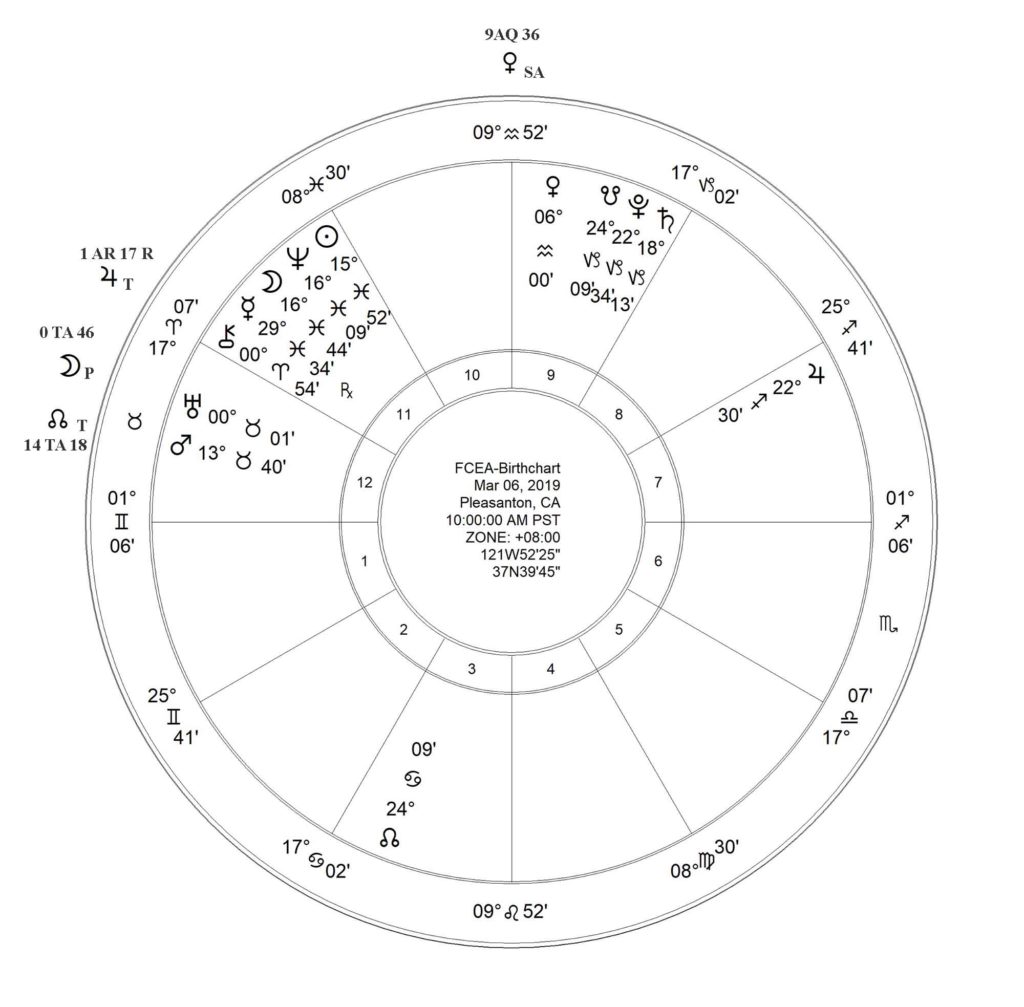
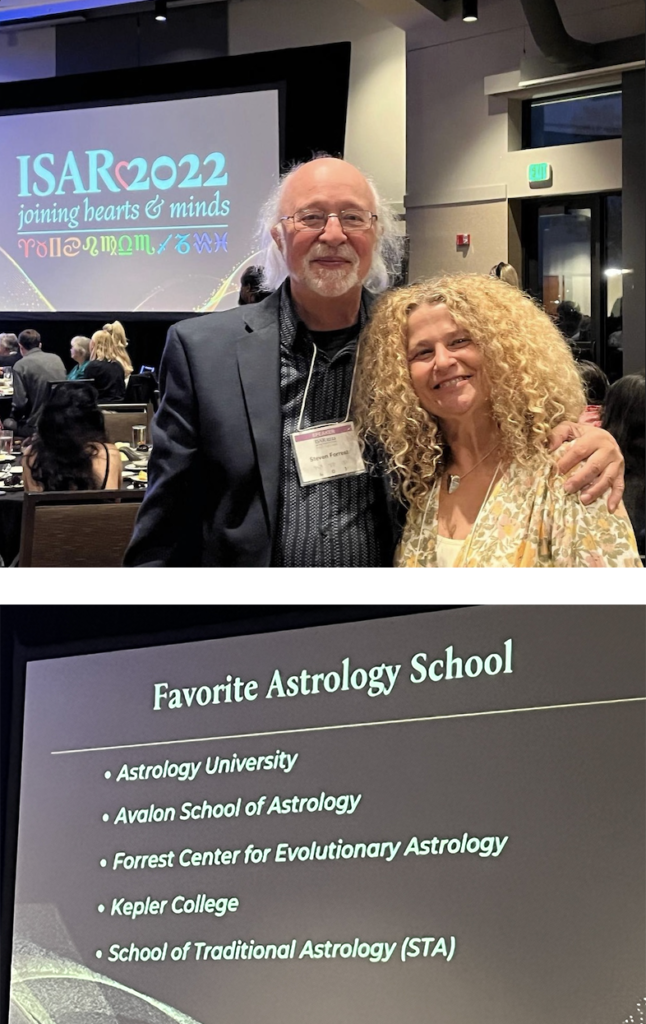
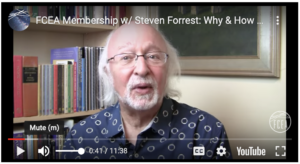

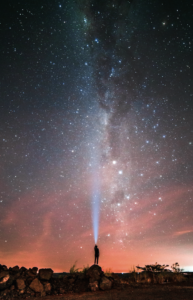

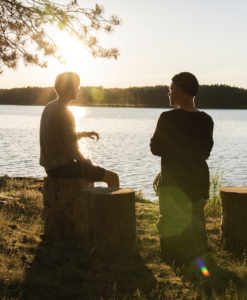 Personally, I felt better offering the follow-up, so that’s what I did. And some of those clients came back for further “talking cure” sessions. Soon enough, I was doing a kind of ongoing counseling work of a sort that was probably indistinguishable from psychotherapy in any meaningful way – other than the fact that, technically, there wasn’t actually a psychotherapist in the room, that is. By the time I left North Carolina, about one-third of my practice actually took that form. I loved the depth and humanness of it. In the process, I learned a lot, much of which fed back into my astrological understanding. People expressed gratitude. I saved a marriage or two, and I talked more than one person “off the ledge” – and no one jumped off it as a result of my ministrations either, I am happy to say.
Personally, I felt better offering the follow-up, so that’s what I did. And some of those clients came back for further “talking cure” sessions. Soon enough, I was doing a kind of ongoing counseling work of a sort that was probably indistinguishable from psychotherapy in any meaningful way – other than the fact that, technically, there wasn’t actually a psychotherapist in the room, that is. By the time I left North Carolina, about one-third of my practice actually took that form. I loved the depth and humanness of it. In the process, I learned a lot, much of which fed back into my astrological understanding. People expressed gratitude. I saved a marriage or two, and I talked more than one person “off the ledge” – and no one jumped off it as a result of my ministrations either, I am happy to say.


 Of all the forms that astrology takes, it is we evolutionary astrologers who are probably the most unabashedly “spiritual” in our orientation. Put simply, we see our existential and psychological lives – the ego’s life, in other words – as reflections of far deeper journeys unfolding against a background of many lifetimes. We use that metaphysical language – and, generally, the clients we attract are people who are looking for that kind of broad perspective too. How can we give them what they need? How can we do our best work? How can we really help them? After all, we are employing the same basic tools that the silliest Internet pop astrologer is using – signs, planets, houses. Astrology is indeed about tuning up the old ego, and like that book editor, we can “expect it will remain that way.” Ego is the focus, and yet we are aiming for something beyond it. It’s a pickle, for sure.
Of all the forms that astrology takes, it is we evolutionary astrologers who are probably the most unabashedly “spiritual” in our orientation. Put simply, we see our existential and psychological lives – the ego’s life, in other words – as reflections of far deeper journeys unfolding against a background of many lifetimes. We use that metaphysical language – and, generally, the clients we attract are people who are looking for that kind of broad perspective too. How can we give them what they need? How can we do our best work? How can we really help them? After all, we are employing the same basic tools that the silliest Internet pop astrologer is using – signs, planets, houses. Astrology is indeed about tuning up the old ego, and like that book editor, we can “expect it will remain that way.” Ego is the focus, and yet we are aiming for something beyond it. It’s a pickle, for sure.


